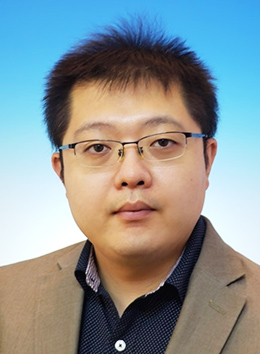Molong DUAN 段默龍
Molong DUAN 段默龍 Details

Contact Information
Research Interests
Biography
Prof. Duan obtained his Bachelor of Science degree in theoretical and applied mechanics at Peking University. He earned his Master of Science and Doctor of Philosophy degrees in mechanical engineering at the University of Michigan, Ann Arbor.
Prof. Duan’s primary research focuses on manufacturing and aerospace automation applications for enhanced accuracy, productivity, efficiency, flexibility, intelligence, and safety. In manufacturing applications, he focuses both on physics-based and data-driven modeling of machine dynamics and the manufacturing processes, including machining and additive manufacturing. Building on these models, his research exploits smart controllers, input/output redundancy, advanced trajectory generation methods, and vibration compensation methods to enhance manufacturing performance. His manufacturing research application expands to the monitoring and control of additive manufacturing processes, multi-axis continuous fiber additive manufacturing, robotic manufacturing, and robotic construction. In aerospace applications, his research explores the aeroelastic behavior of flexible aircraft and the safety-critical aircraft control methods.
Research Interests
Biography
Prof. Duan obtained his Bachelor of Science degree in theoretical and applied mechanics at Peking University. He earned his Master of Science and Doctor of Philosophy degrees in mechanical engineering at the University of Michigan, Ann Arbor.
Prof. Duan’s primary research focuses on manufacturing and aerospace automation applications for enhanced accuracy, productivity, efficiency, flexibility, intelligence, and safety. In manufacturing applications, he focuses both on physics-based and data-driven modeling of machine dynamics and the manufacturing processes, including machining and additive manufacturing. Building on these models, his research exploits smart controllers, input/output redundancy, advanced trajectory generation methods, and vibration compensation methods to enhance manufacturing performance. His manufacturing research application expands to the monitoring and control of additive manufacturing processes, multi-axis continuous fiber additive manufacturing, robotic manufacturing, and robotic construction. In aerospace applications, his research explores the aeroelastic behavior of flexible aircraft and the safety-critical aircraft control methods.
